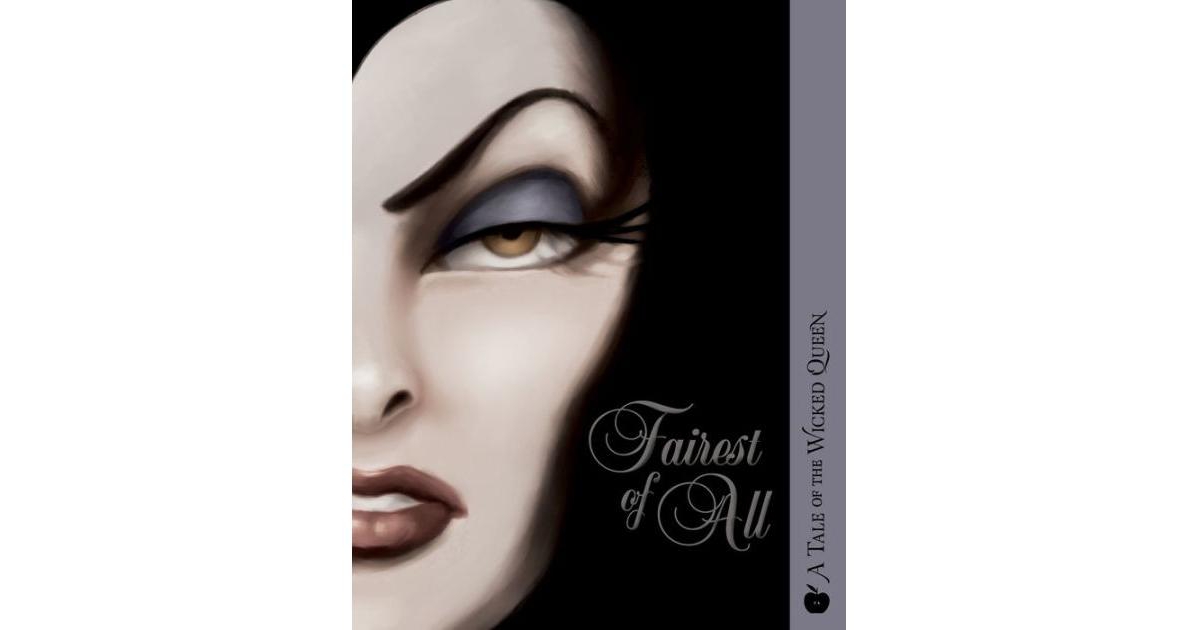Quantum Quenching, Annealing and Computation
Best Price (Coupon Required):
Buy Quantum Quenching, Annealing and Computation for $36.00 at @ Link.springer.com when you apply the 10% OFF coupon at checkout.
Click “Get Coupon & Buy” to copy the code and unlock the deal.
Set a price drop alert to never miss an offer.
Single Product Purchase
Price Comparison
| Seller | Contact Seller | List Price | On Sale | Shipping | Best Promo | Final Price | Volume Discount | Financing | Availability | Seller's Page |
|---|---|---|---|---|---|---|---|---|---|---|
|
BEST PRICE 1 Product Purchase
|
   |
$39.99 | $39.99 |
|
10% OFF
This deals requires coupon
|
$36.00 | See Site | In stock | Visit Store |
Product Details
The process of realizing the ground state of some typical (frustrated) quantum many-body systems, starting from the disordered or excited states, can be formally mapped to the search of solutions for computationally hard problems. The dynamics through the critical point, in between, are therefore extremely crucial. In the context of such computational optimization problems, the dynamics (of rapid quenching or slow annealing), while tuning the appropriate elds or uctuations, in particular while crossing the quantum critical point, are extremely intriguing and are being investigated these days intensively. Several successful methods and tricks are now well established. This volume gives a collection of introductory reviews on such developments written by well-known experts. It concentrates on quantum phase transitions and their dynamics as the transition or critical points are crossed. Both the quenching and annealing dynamics are extensively covered. We hope these timely reviews will inspire the young researchers to join and c- tribute to this fast-growing, intellectually challenging, as well as technologically demanding eld. We are extremely thankful to the contributors for their intensive work and pleasant cooperations. We are also very much indebted to Kausik Das for his help in compiling this book. Finally, we express our gratitude to Johannes Zittartz, Series Editor, LNP, and Christian Caron of physics editorial department of Springer for their encouragement and support.

 Copied
Copied 





